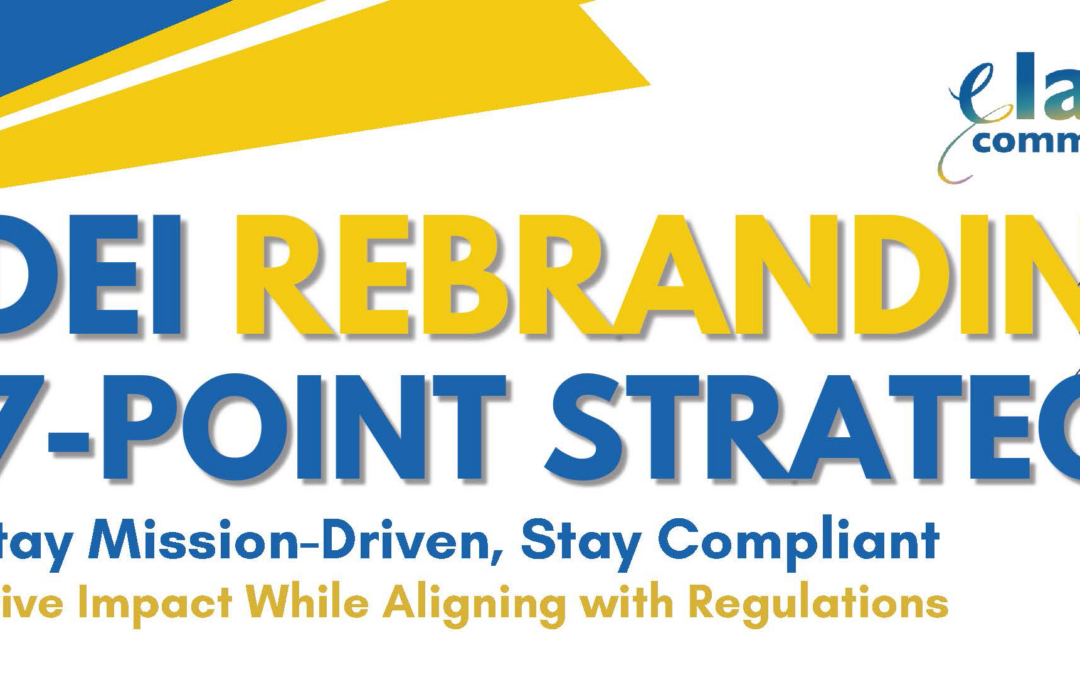7 Tips to Help You Talk to Anyone
You can improve your communications skills and build more meaningful, inclusive relationships by incorporating seven critical tips into your conversations. These practices will help you talk to anyone with respect and understanding and increase your effectiveness as a communicator.
Communication is a fundamental part of our daily lives, yet it can be challenging to talk to new people or engage in meaningful conversations. Whether you’re in a social setting, at work, or meeting someone for the first time, these seven tips can help you communicate more effectively and inclusively with anyone you meet.
1. Use Gender-Neutral Language: One of the simplest ways to show respect and inclusivity is to use gender-neutral language. Instead of assuming someone’s gender and using pronouns such as “he” or “she,” opt for “they” until you know their preference. This approach helps avoid misgendering and makes everyone feel included. For instance, instead of saying, “The manager said he will join us soon,” you can say, “The manager said they will join us soon.”
2. Ask for Preferred Pronouns: To ensure you’re addressing someone correctly, ask for their preferred pronouns when you meet them. This shows respect for their identity and avoids awkward situations later on. You might say, “Hi, I’m Alex. My pronouns are they/them. What are yours?” This small step can make a big difference in making the other person feel seen and respected.
3. Speak Clearly and Avoid Jargon: Clear communication is key to being understood. Avoid using jargon, slang, or overly technical language that the other person might not be familiar with. Speaking in simple, straightforward sentences can bridge gaps in understanding, especially if the person you’re talking to is from a different background or not a native speaker of your language.
4. Be Mindful of Disabilities: When talking to someone, be aware that they might have a disability, whether visible or not. This can affect how they communicate and understand you. For instance, if someone is hard of hearing, make sure to face them when speaking so they can read your lips. If you’re communicating in writing, use clear and easy-to-read fonts. Being considerate of these needs ensures that everyone can participate in the conversation.
5. Respect Cultural Differences: Cultural backgrounds can greatly influence how people communicate and interpret conversations. Be open-minded and respectful of these differences. Avoid making assumptions based on stereotypes, and instead take the time to learn about the other person’s culture. This will not only enrich your conversation but also show that you value their unique perspective.
6. Check Your Assumptions: We all have biases and assumptions that can affect our interactions. Before jumping to conclusions, take a step back and consider whether your assumptions are based on facts or stereotypes. For example, don’t assume someone’s occupation, interests, or abilities based on their appearance. By checking your assumptions, you can avoid misunderstandings and foster more genuine connections.
7. Practice Active Listening: Active listening is one of the most important skills in communication. This means fully concentrating on what the other person is saying, rather than just passively hearing their words. Show that you’re engaged by nodding, maintaining eye contact, and giving verbal affirmations such as “I see” or “That makes sense.” Ask follow-up questions to show your interest and clarify points you might not understand. This not only helps you understand the other person better but also makes them feel valued and heard.
Effective communication is all about making sure everyone feels included and understood, so implement these tips in your daily interactions and become a champion for inclusive communications!









